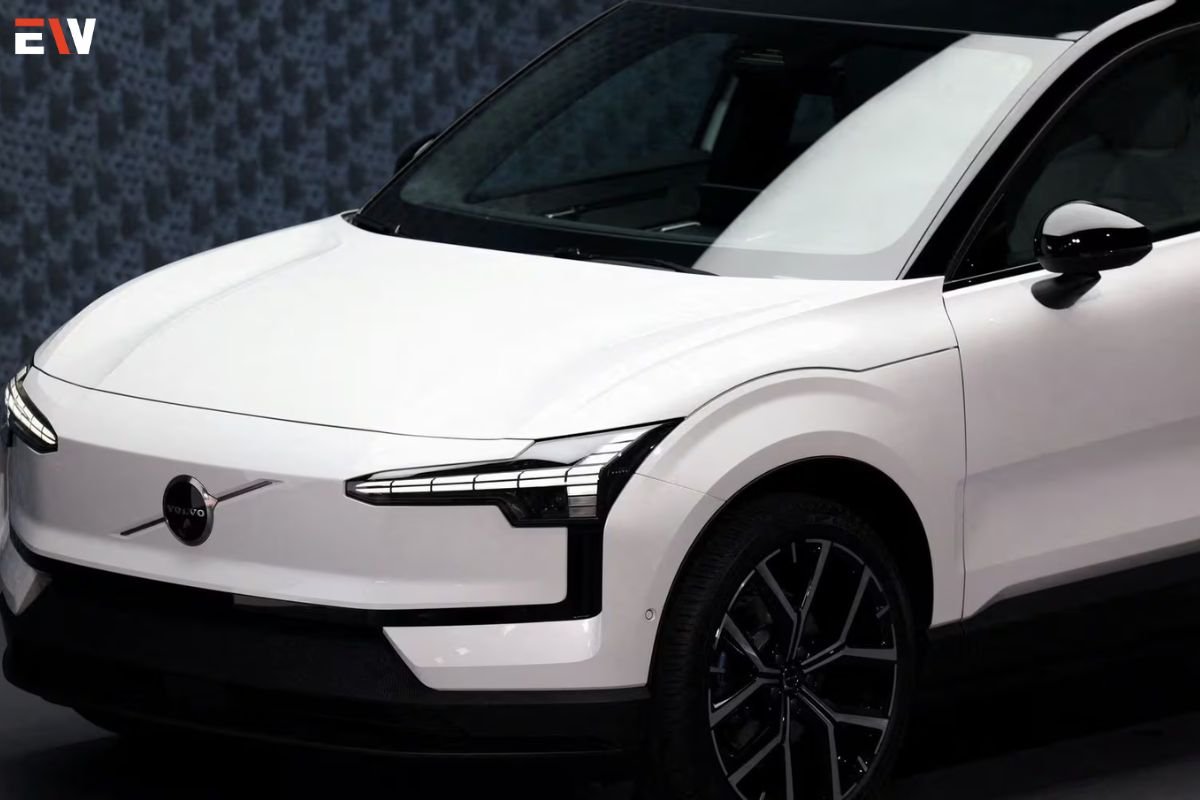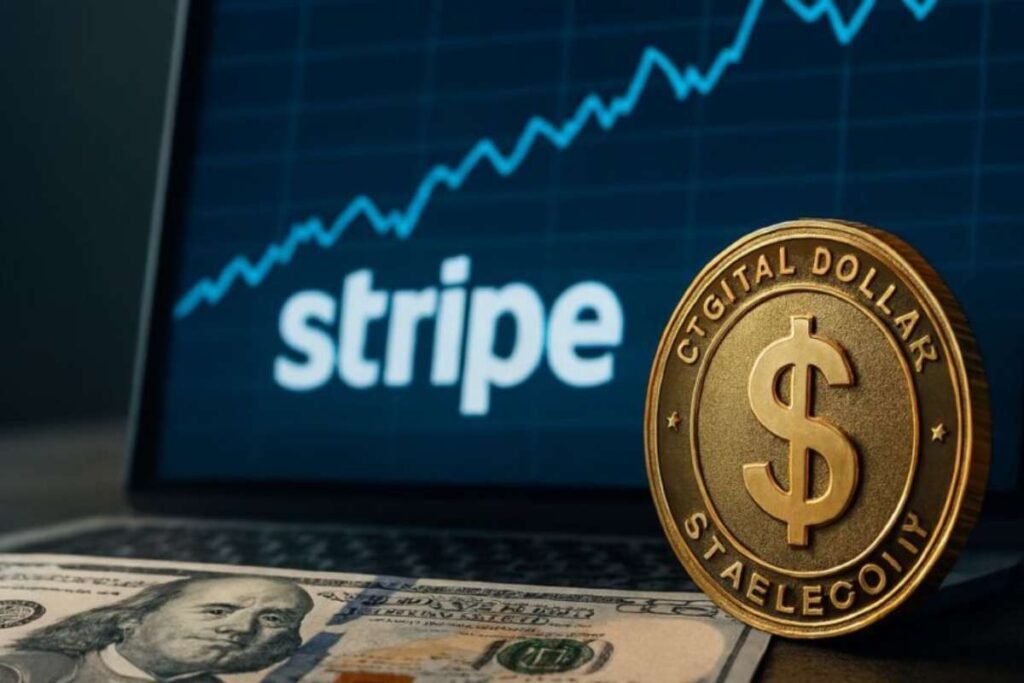Swedish Automaker Eyes Restructuring Amid Strong Q4 Performance
Volvo Cars witnessed a remarkable surge in its shares, soaring over 24% on Thursday following the announcement of its decision to cease funding its subsidiary, Polestar Automotive. This strategic move comes in the wake of Volvo’s robust fourth-quarter performance and signals a significant shift in its corporate strategy.
Strong Q4 Performance
Earlier on the same day, Volvo Cars reported a notable 10% year-on-year increase in fourth-quarter net sales, reaching 148.1 billion Swedish krona ($14.16 billion). The company’s full-year 2023 net sales totaled 552.8 billion krona, demonstrating a steady growth trajectory. Adjusted operating income also witnessed a substantial rise to 18.38 million krona from 12.17 million in the corresponding period of 2022.
Polestar’s Future in Question
Volvo Cars hinted at potential changes in Polestar’s ownership structure, suggesting a transfer of stewardship to Geely Holding, Volvo’s majority shareholder. The decision reflects Volvo’s strategic realignment, focusing on bolstering its core brand while optimizing resource allocation.
Evaluation of Shareholding Structure
In its comprehensive full-year report, Volvo Cars underscored Polestar’s transition into a new phase of growth, emphasizing the need for a revised business plan and cost optimization measures. The company disclosed considerations for adjusting Volvo Cars’ shareholding in Polestar, possibly including a distribution of shares to Volvo Cars’ shareholders. Geely Sweden Holdings may emerge as a significant new stakeholder in the process.
CEO’s Insights on the Strategic Shift
Jim Rowan, CEO of Volvo Cars, characterized the decision as a “natural evolution” in the relationship between the two automotive entities. He highlighted Polestar’s promising trajectory, citing its expansion from a single-car company to a three-car lineup, with two new models slated for release in the first half of the year.
Rowan emphasized the opportune moment for Volvo to reduce its stake in Polestar, enabling the company to focus on its growth initiatives and critical technology investments in the coming years.
Polestar’s Struggles and Volvo’s Priorities
Despite Volvo Cars’ 44% stake in Polestar, acquired in 2015, the luxury electric vehicle brand has encountered challenges since its public listing in June 2022. Analysts expressed concerns about Polestar’s impact on Volvo’s resources, prompting Volvo’s strategic reassessment.
Rowan affirmed Volvo Cars’ commitment to streamlining its operations and seeking external funding avenues, positioning the company for sustained growth and innovation.
In conclusion, Volvo Cars’ decision to halt funding for Polestar reflects a proactive approach to restructuring and resource optimization, signaling a renewed focus on driving innovation and sustainable growth in the evolving automotive landscape.










